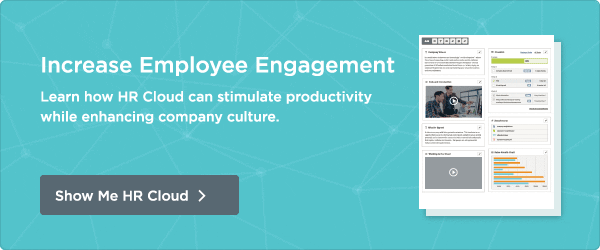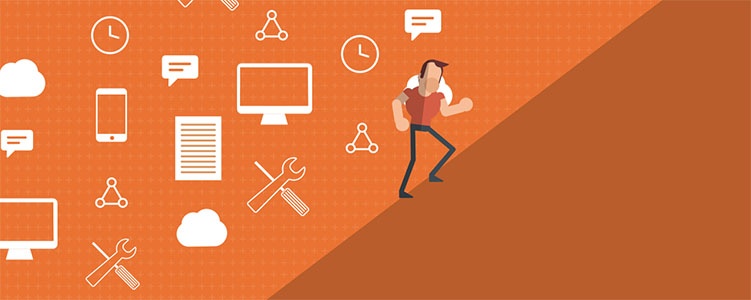You're an HR manager and you know that the right HR software can streamline your workload. This is important because it seems as if every year, new responsibilities are added onto the already full plate of the HR professional.
So much is demanded from today's HR department that tools to automate or accelerate processes while reducing error rates aren't just nice to have: they're indispensable. But sometimes those in the top executive ranks aren't on board with your need for new HR software.
Typically, it isn't the technological change that is being resisted so much as the change in human relationships that accompanies technological change. And of course, there's the issue of cost. C-level executives are always cognizant of cost and return on investment. Here are some ways HR can move forward when the CEO resists your shift to better HR software.
Offer ROI Projections for HR Software With Details
Simply telling your CEO that new HR software will save money isn't enough. You have to support this claim with facts. HR software providers may make case studies available to you, and these can be valuable for estimating time to return on investment. Knowing the costs associated with your current legacy HR systems is also necessary to make your case. Tie savings to specific tasks ("The cost of approving a promotion will drop by half.") and you can effectively get your CEO's attention.
TWEET: Tie savings to specific tasks and you can effectively get your CEO's attention.
Get Employee Buy-In Within HR
The importance of enthusiasm from the people who will be using the software everyday cannot be overemphasized. Sure, employees sometimes fear technological change because they worry it will be hard to use, or worse, it will make their human skills obsolete. But since HR responsibilities grow all the time, with regulation increasing in complexity and reporting requirements going up, your HR team can rest assured that HR software can help them, but it can't replace them.
Explain Competitive Advantages of Competitors with HR Software
Does one of your competitors use a powerful new HR software system? If so, you can bring this up with your CEO. Competitors moving forward can be more worrying to executives than the prospect of HR changing to a new and better software system. Nobody wants to be left behind by competitors, and if competitors are moving on from legacy systems like the ones you use, let the executive suite know that others consider systems like yours outdated enough to upgrade.
Have a Learning Strategy Ready
Assure your CEO the HR team will be trained to take advantage of all benefits of new HR software.
If you would like to implement new HR software, make sure you have an outline of a training strategy ready. Show the CEO that you have a plan for each end-user to receive sufficient training to get the most out of the new HR software, and that you can arrange training to minimize impact to HR operations. Explain that any minor HR slowdowns due to training will be more than offset by faster processes once everyone has transitioned to the new system.
Show How the HR Software Will Improve KPIs Your Executives Care About
What are the key performance indicators that your CEO is most passionate about? If you can determine this, you can make a much stronger case than if you simply say new HR software will "increase performance." Do you expect the new HR software to shorten the hiring period? If so, how will that manifest in terms of hiring costs? Does the software automatically upgrade when new regulations apply to your industry? How many man-hours will this save in a year?
Propose a Small, Low-Cost Pilot Project if Resistance Is Strong
Some HR software providers offer free trial periods, and if your CEO is resistant to upgrading, proposing a trial period or a small pilot project that covers a selected set of processes may be enough to change his or her mind. Perhaps you could revamp your new employee onboarding process and see how that affects the time it takes for new employees to offset hiring costs. Or perhaps you could use new software to manage contract employees and document savings from that change.
Moving the HR Department Forward
The HR department has no choice but to move forward, because its responsibilities are constantly evolving. When HR software evolves along with these needs, the HR team can not only keep up, but improve processes and ultimately improve a company's competitive edge. Sometimes CEOs take convincing, but if you demonstrate concrete savings and advantages of upgrading your HR software, you can often bring them around. 
Keep Reading
Retention Reset: How to Keep Your Best Talent in 2025
More employees are walking away from their jobs in 2025 not just for better pay, but for
Remote Onboarding Done Right: A Step-by-Step Guide for HR Teams
Remote onboarding is the process of welcoming new employees who work from home or

